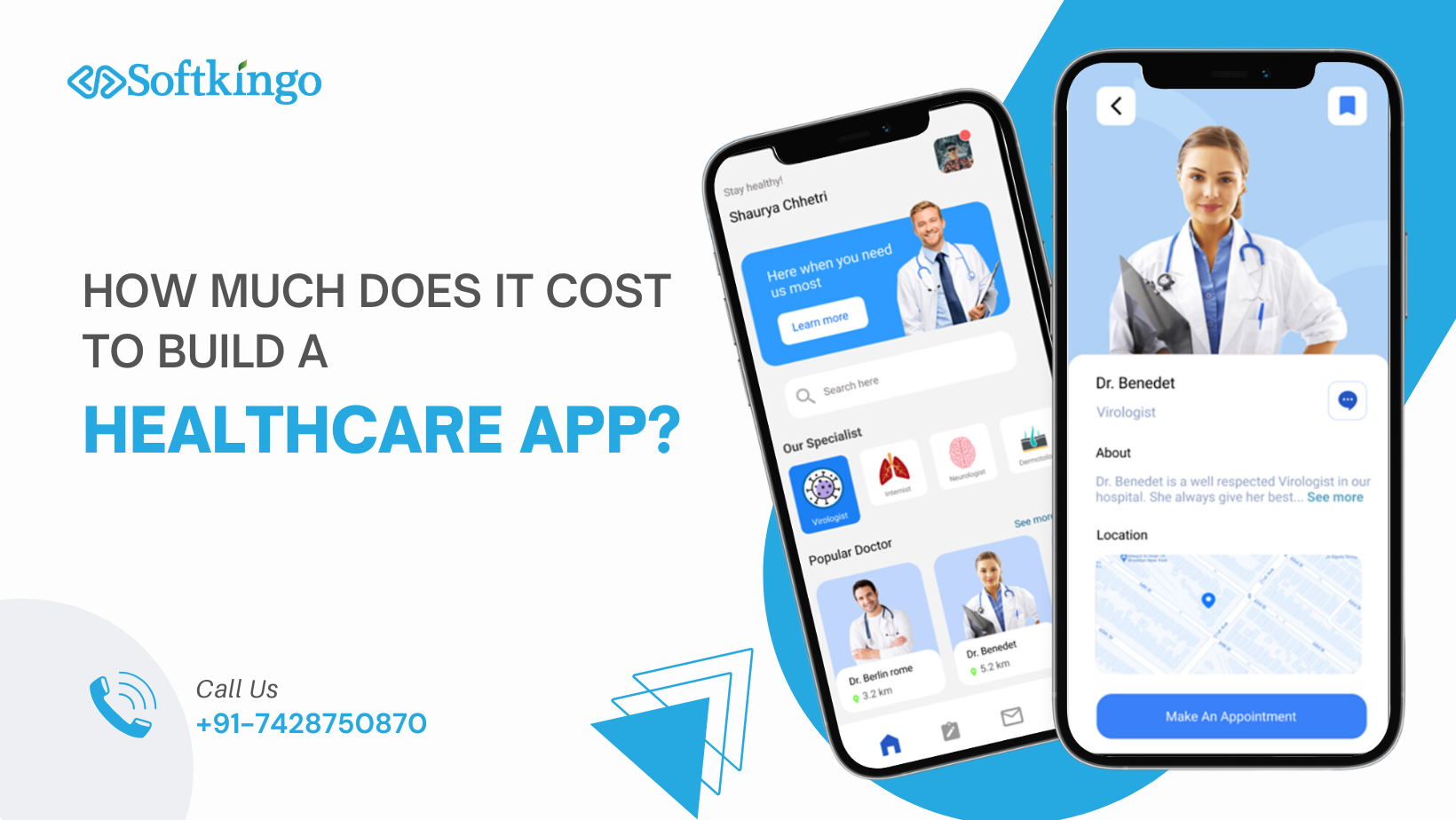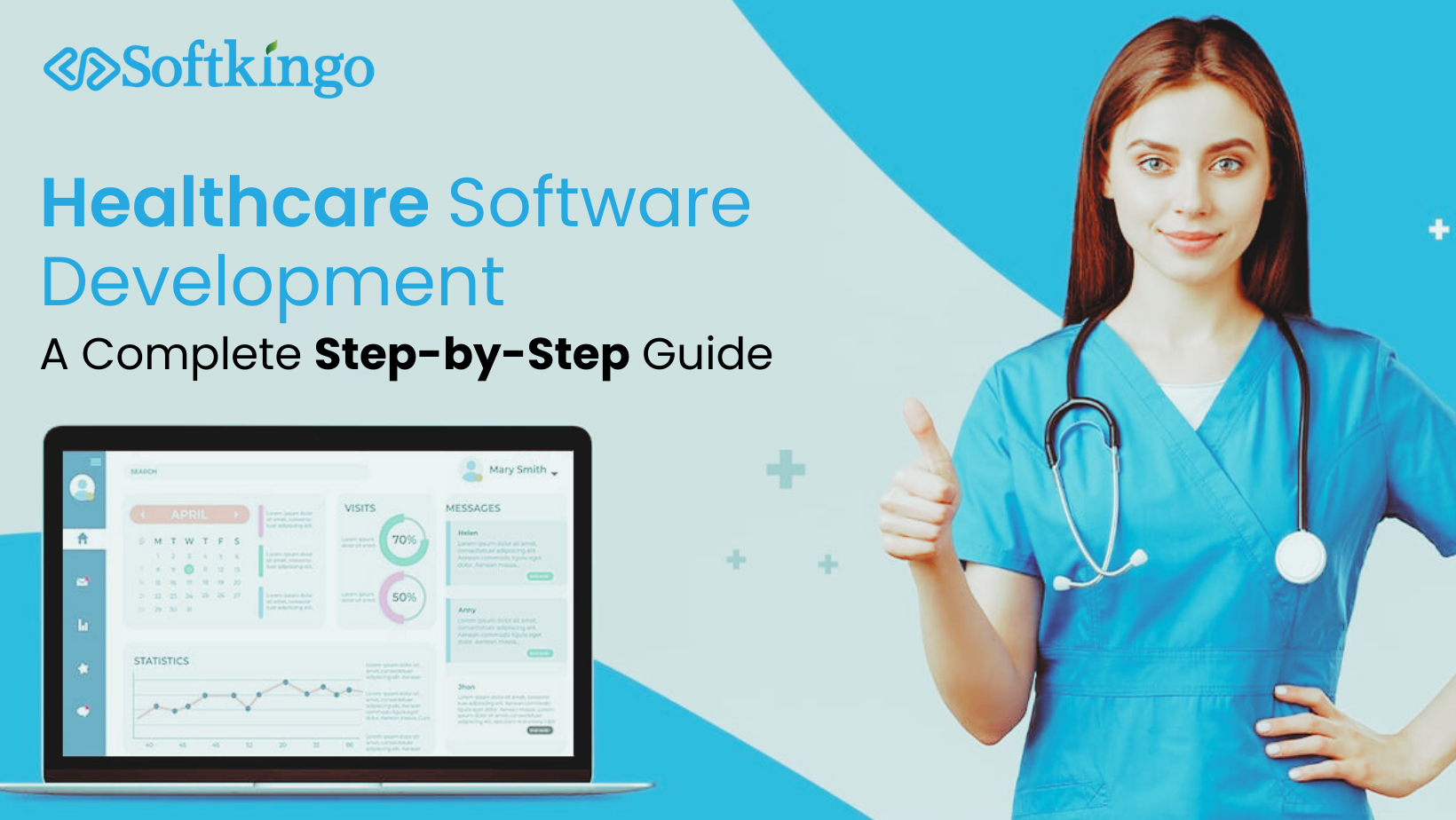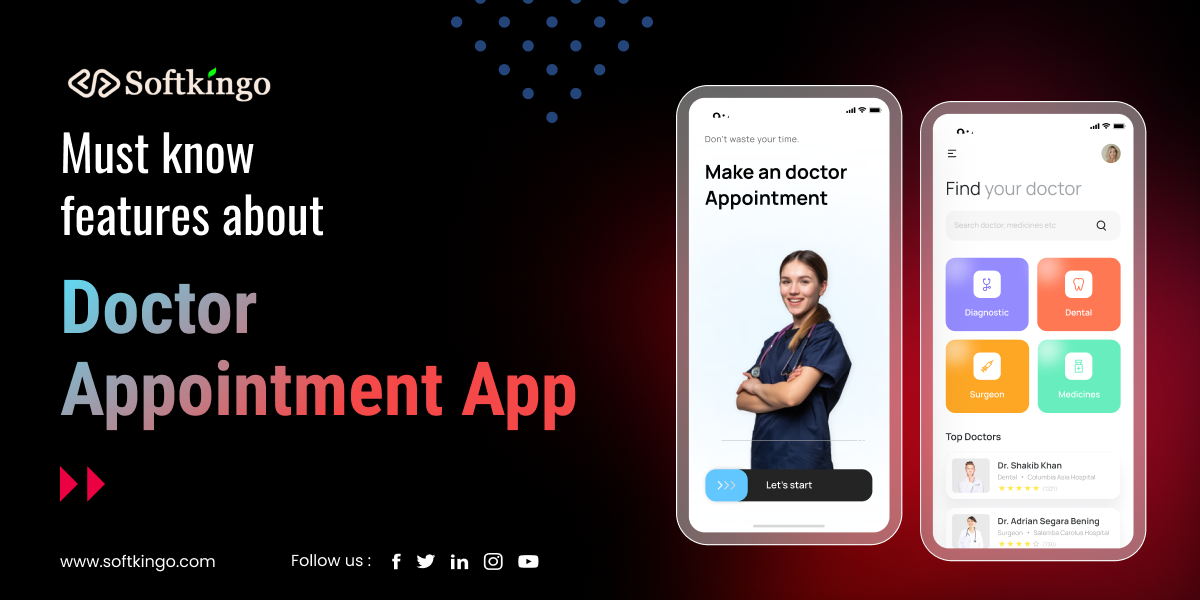How Much Does It Cost to Build a Healthcare Application?
In today’s fast-paced, digital-first world, healthcare applications are reshaping the industry by bridging gaps between patients and providers. From telemedicine to fitness tracking, these apps enhance accessibility, streamline operations, and improve patient outcomes. The growing demand for healthcare apps has piqued the interest of entrepreneurs and organizations alike. But one critical question persists: how much does it cost to build a healthcare application?
This comprehensive guide outlines everything you need to know—from app types and essential features to development costs and monetization strategies.
What is a Healthcare App, and How Does It Benefit Users?
A healthcare app leverages technology to connect medical professionals with patients, offering solutions ranging from virtual consultations to health monitoring. These apps empower users to:
- Track health metrics like heart rate, blood pressure, and glucose levels.
- Schedule appointments, consult doctors virtually, and receive reminders for medications or follow-ups.
- Access electronic medical records (EMRs) securely and conveniently.
Healthcare apps also enable doctors to streamline workflows, analyze patient data, and make informed decisions. During the COVID-19 pandemic, these apps proved invaluable, ensuring continuous care while minimizing physical contact. As healthcare moves further into the digital age, apps are no longer a luxury—they’re a necessity.
Types of Healthcare Apps
Healthcare apps are diverse, catering to the unique needs of both patients and medical professionals. Below are the primary types of healthcare applications:
- Electronic Health Records (EHR) Apps
- Clinical Decision Support Apps
- Medical Billing Apps
- Telemedicine Apps
- Fitness and Wellness Apps
- Medication Management Apps
- Mental Health Apps
Key Features of a Healthcare Application
To deliver value and enhance user experience, a healthcare app must incorporate the following features:
- User Registration and Profile Management
- Search and Filtering Options
- Video, Voice, and Text Communication
- Appointment Scheduling and Notifications
- Payment Gateway Integration
- Health Data Tracking
- HIPAA and GDPR Compliance
Steps to Develop a Healthcare App
1. Research and Ideation
Conduct market research to identify gaps, trends, and target audience preferences. Analyze competitors to outline your app’s unique selling proposition (USP).
2. UI/UX Design and Wireframing
Create an intuitive interface that prioritizes ease of use. Wireframe the app to visualize its layout and user flow.
3. Development
Hire skilled developers to build the app. Start with a Minimum Viable Product (MVP) to test core features and gather user feedback.
4. Testing and Quality Assurance
Rigorous testing ensures that the app is secure, bug-free, and compliant with healthcare regulations.
5. Deployment and Maintenance
Launch the app on app stores and continuously update it based on user feedback and technological advancements.
Cost of Building a Healthcare Application
The cost of developing a healthcare app depends on several factors:
- App Complexity
- Platforms
- Development Team
- Timeline
Monetization Strategies for Healthcare Apps
Here are effective ways to monetize your healthcare app:
- Freemium Model
- Subscription Plans
- In-App Advertising
- Transaction Fees
Final Thoughts: Are You Ready to Build a Healthcare Application?
The healthcare industry is ripe with opportunities for innovation, and a well-designed app can bridge critical gaps in patient care. Whether you’re a startup or an established organization, investing in a healthcare app offers immense potential for growth and revenue.
Let’s turn your vision into reality. Contact us today to discuss your healthcare app idea, and we’ll guide you through every step of the development process!
Was this article helpful?
Current mood: Okay




